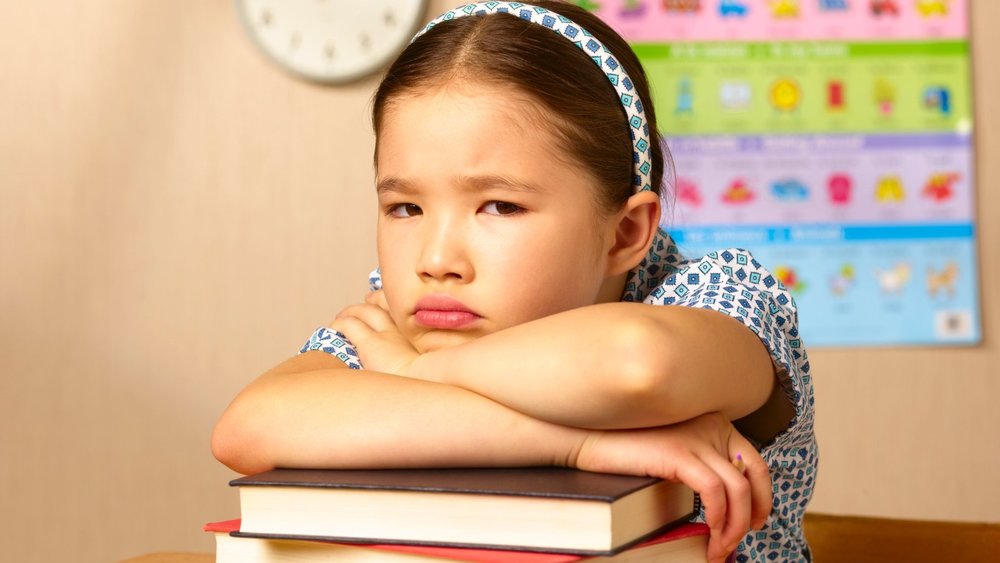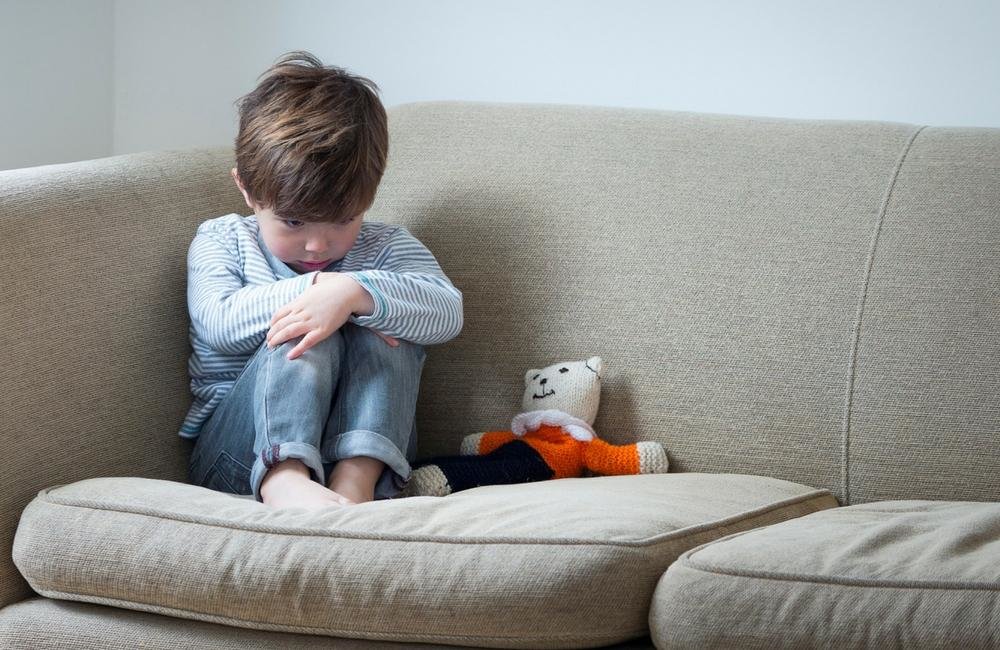Most parents will tell you that their kids are probably the best thing they have. This is the reason why most parents find themselves constantly seeking to develop new ways their kids can learn to enjoy their life experiences straight from the onset.
Then again, for children, it is always a constant learning experience. They often tend to irritate even the said parent(s) who have the best intentions. So, what is the best course of action to take when we are triggered? Well, we can always say Woosah! And take a chill pill. The other alternative would be to look into reasons why we always seek to create the best impressions on our kids.
By doing so, we can learn to cope with different situations as they come. We list out a couple of ways to behave and phrases to use around kids that would ensure they turn out just the perfect model citizens we would like them to be.
Stop that!

Often times, we shout at our kids when they seem to misbehave. It’s perfectly normal. However, it’s not a good method to follow when trying to raise educated kids.
Don’t forget; they’re are intelligent beings and they can take a cue from us as parents and start using brute force and cunningness to obtain whatever they want. By applying what they perceive from their environment, they learn bad habits.
A good way to resolve problems would be to point out the flaw in their actions and then issue suggested remedies. That way, we can define limits on what is right and wrong and still allow children to develop emotionally and have better self-control.
Promises
Younger children always believe their parents have all the answers. Thus, when we make promises to them, our words should be our bond. The other option would be to simply desist from making promises we’re not sure we can fulfill.
Honesty is the best way to go when dealing with children. The practice of honesty ensures our children come to trust us and are open to sharing bits of information with us. When we don’t keep our promises, the parent-child connection becomes blurred and may become completely broken on repeat occurrences.
Sometimes, life just happens. When we’re unable to do something for our kids due to unavoidable circumstances, the best approach would be to acknowledge and issue an apology to the child. Doing so ensures that they learn from us on the right ways to behave when we wrong others. It also ensures that they come to understand why we couldn’t do something for them, instead of making them assume that we don’t care enough about their welfare.
Enough with the Tears!

Crying is a natural reaction to pain. When children cry we should not force them to stop crying for whatever reasons. By telling them to stop crying, we invalidate their feelings and create the impression that what they are doing is off-limits.
Over time, if we keep suppressing their urge to cry, they will retreat and begin suppressing their emotions keeping them to themselves. The end product of this will be an emotionally hurt child.
It is important to help a child understand their feelings and verbalize them as soon as they can. Encouraging emotional expression is a sure fire way to help them grow since it is an essential life skill.
No Big Deal!

Belittling kid’s feelings can make them feel as if they don’t really matter. Thus, it is important to note that children often put value tags on most things around their vicinity. What may seem small and unnecessary to us, may just mean the world to them. As a result, it is very important to look at everything through the lenses of a child.
By understanding their school of thought, we can get to communicate effectively with them. Communication may entail the passing down of pertinent information that will help them in the end. When we disagree with children on different phenomena, finding the right words to express our discontent at them will be crucial in their development.




